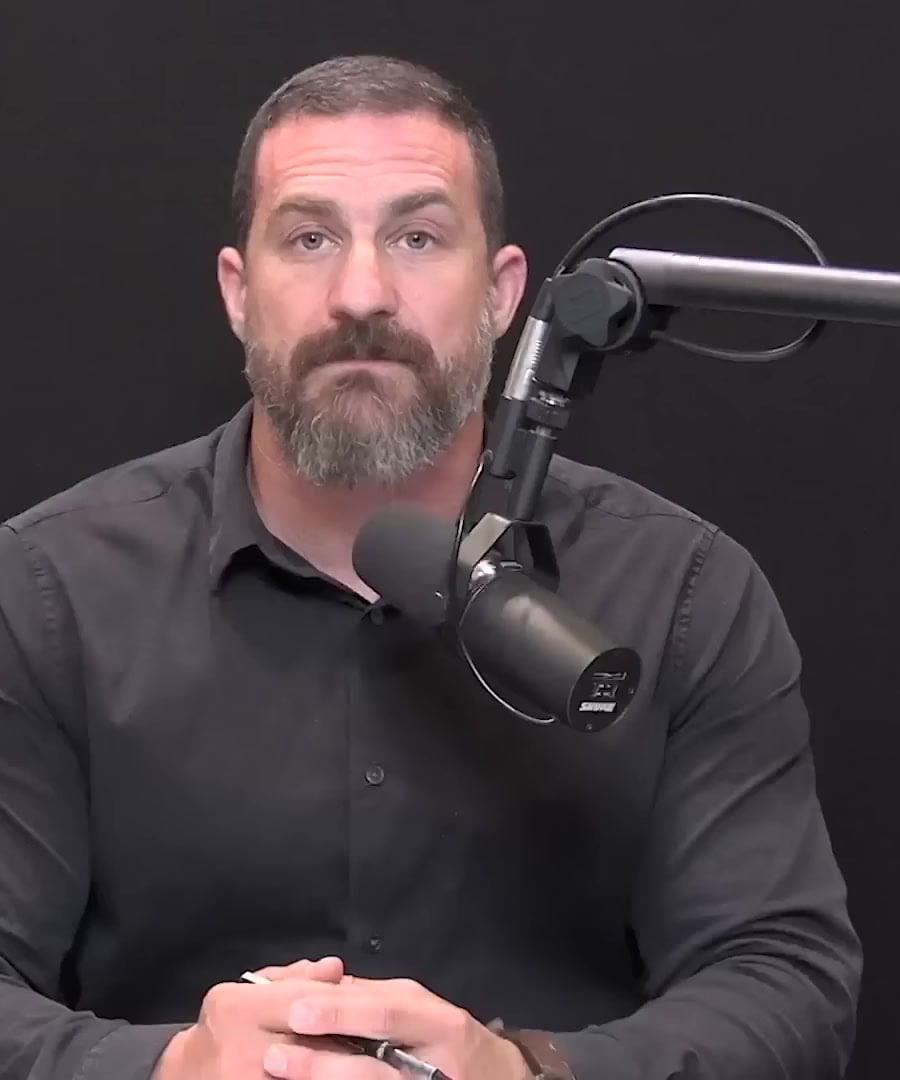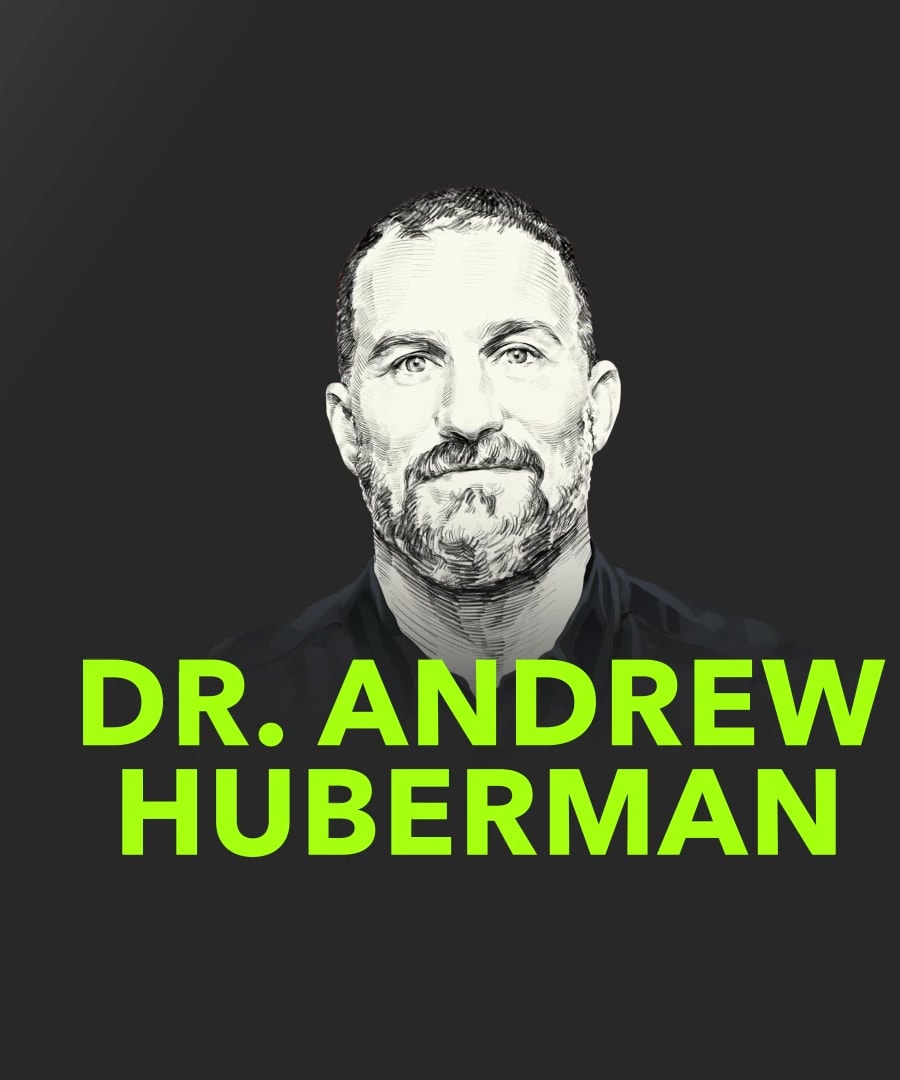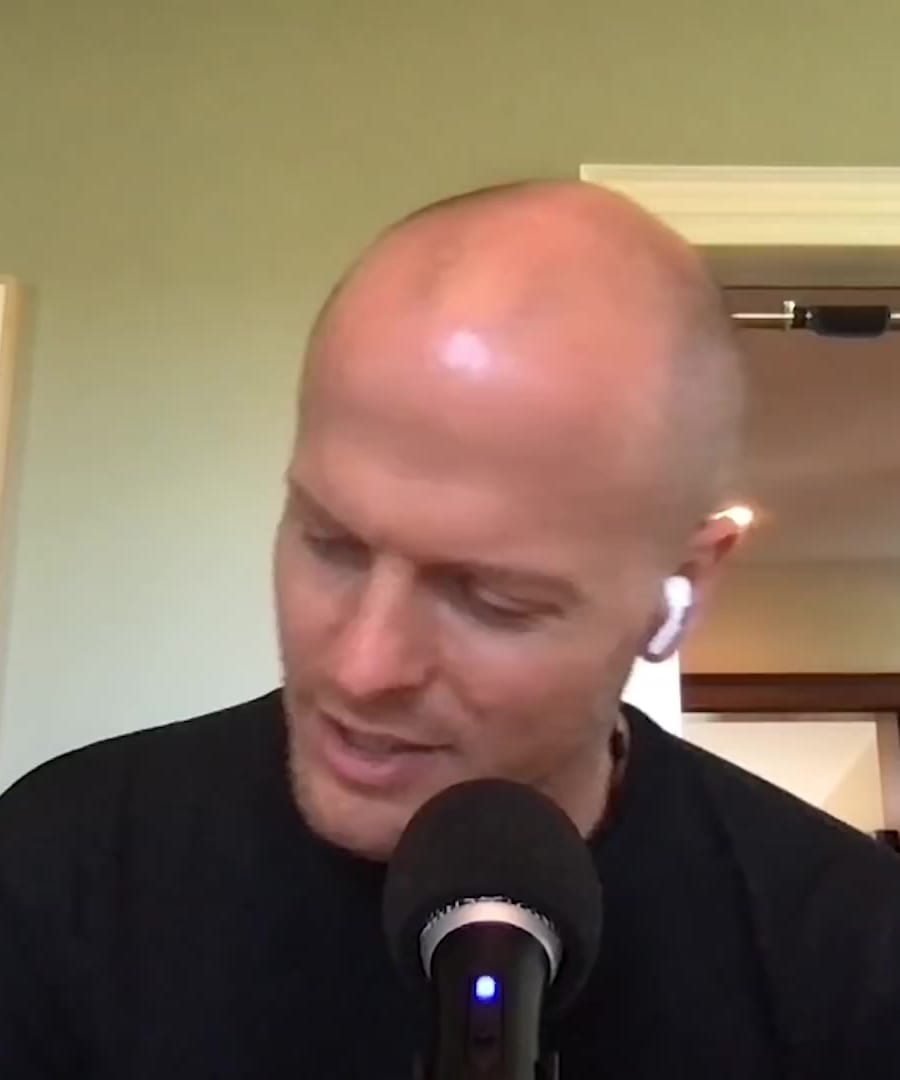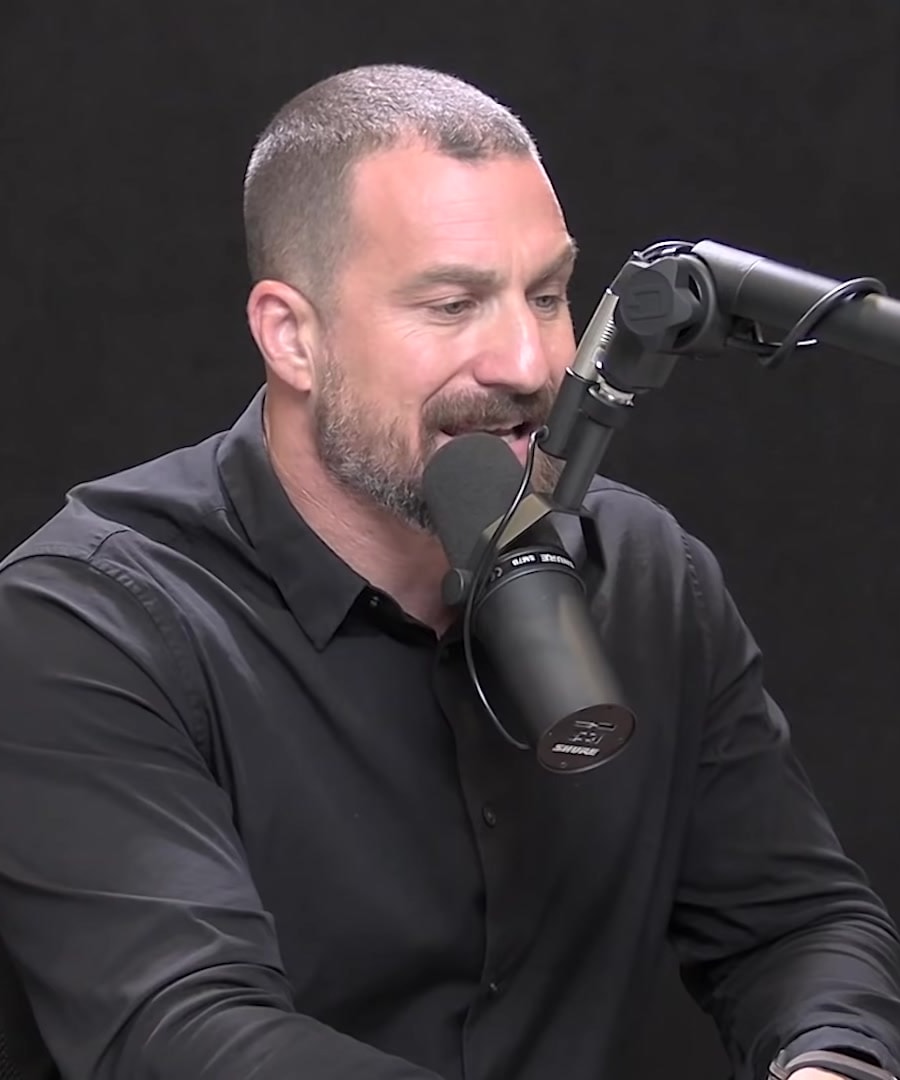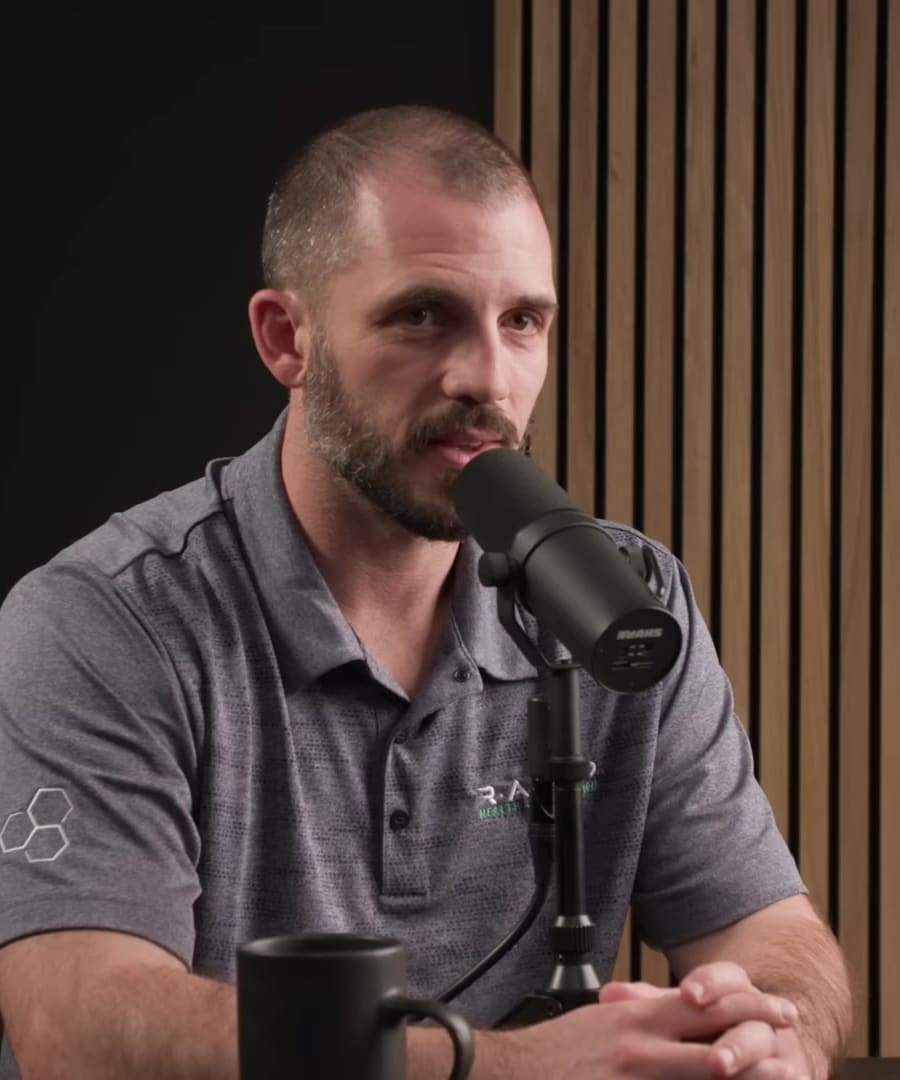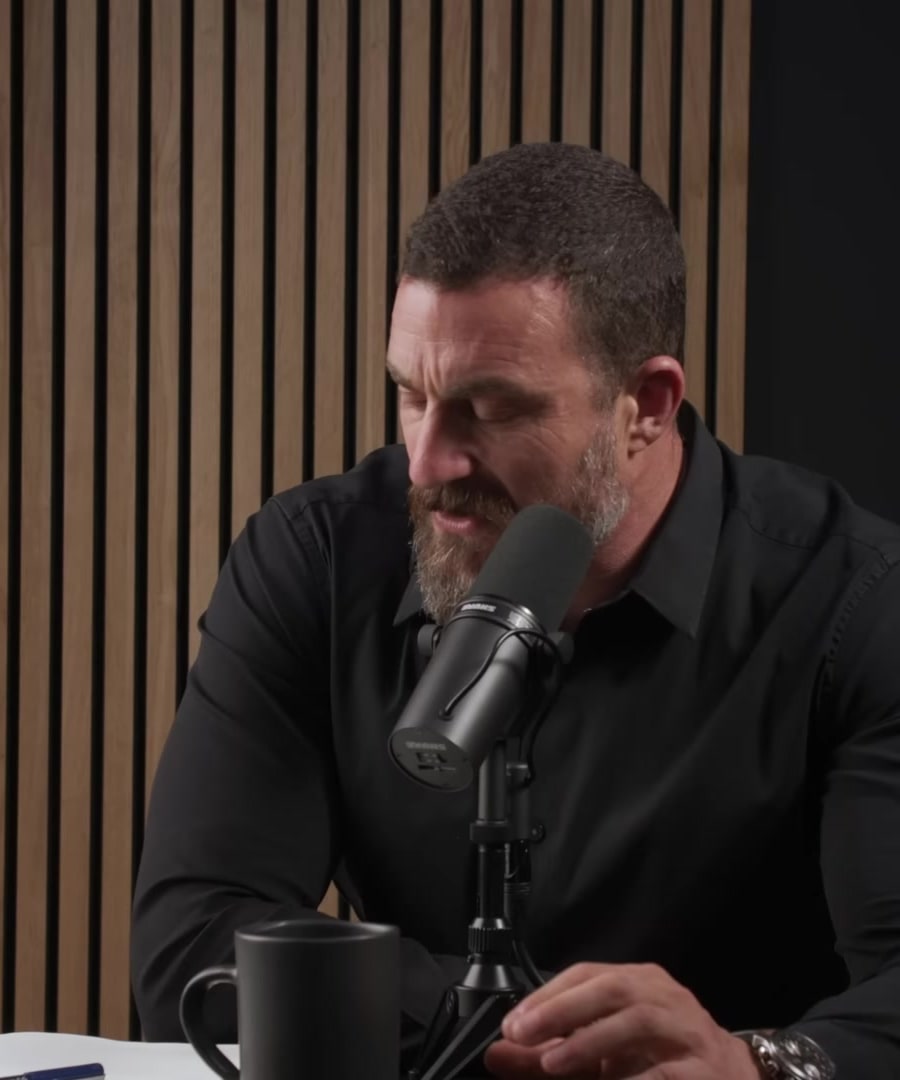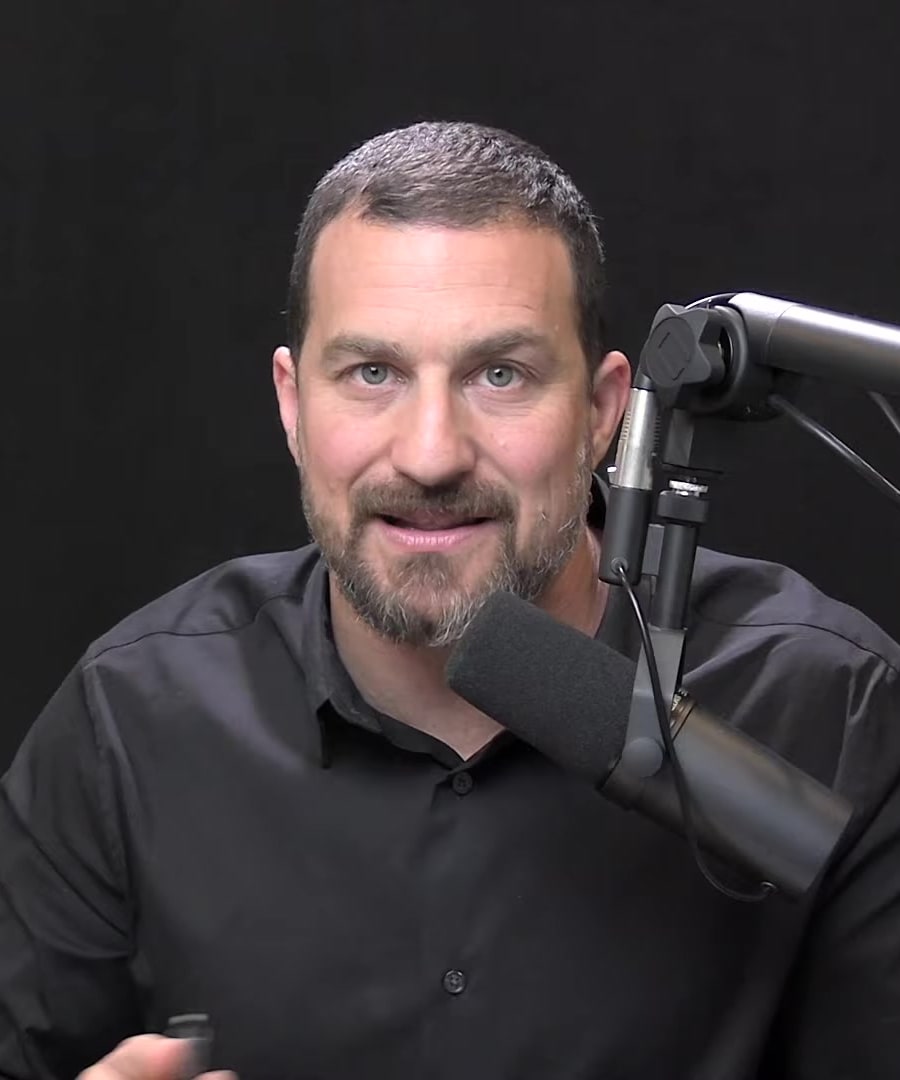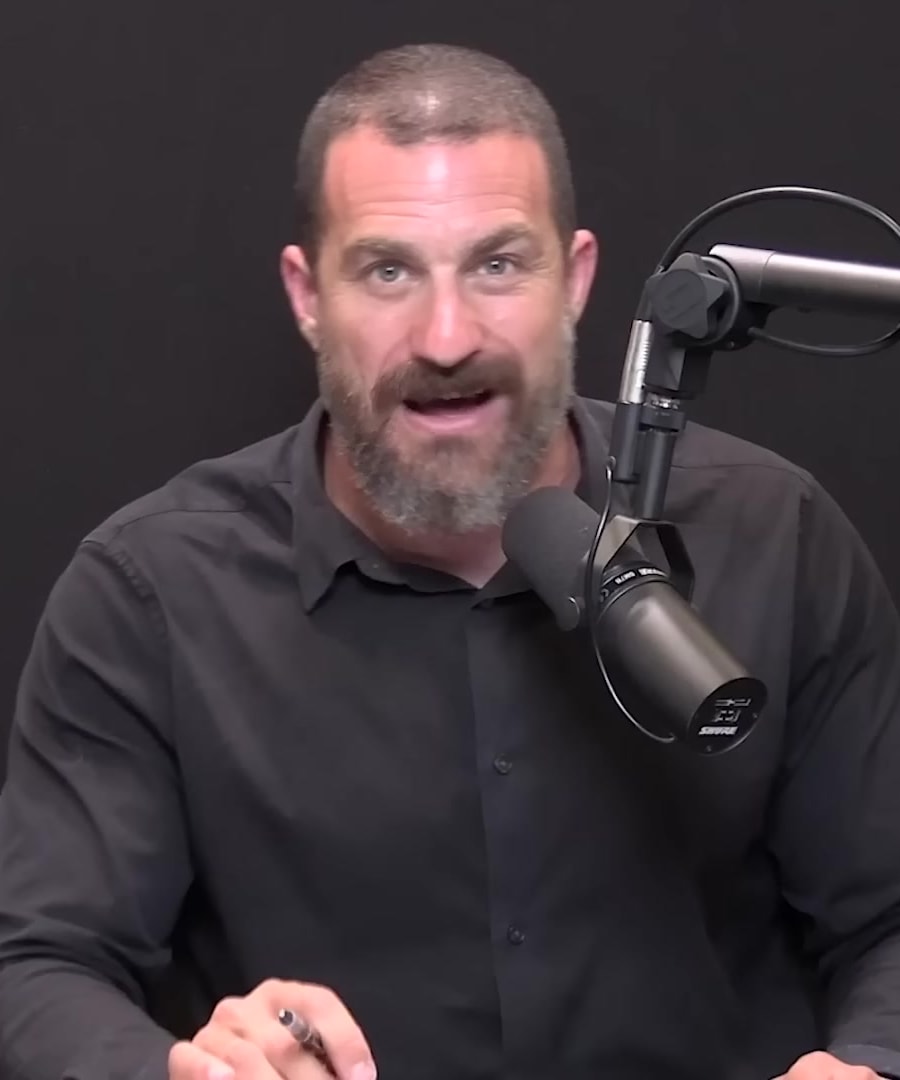need protocol for having trouble falling asleep
Sources:
For individuals experiencing difficulty falling asleep, recommends several protocols that could help:
-
Non-Sleep Deep Rest (NSDR) Protocols: NSDR encompasses practices like Yoga Nidra and clinical hypnosis, which guide you into deep restorative states, beneficial for falling asleep, alleviating stress, and enhancing neuroplasticity. You can find zero-cost NSDR scripts, including one provided by himself on YouTube, by searching 'Huberman NSDR' 1 2 3.
-
Light Exposure: Manage your light exposure; get bright light during the afternoon or early evening for about 10-30 minutes without sunglasses to help release melatonin naturally and prepare for sleep. Dim your lights as the evening progresses but avoid blue light blockers too early in the afternoon to prevent making your eyes oversensitive to light later 4.
-
Optimal Sleep Environment: Ensure that your bedroom is exclusively for sleep (and sex); this helps the brain associate the bedroom with sleep, making it easier to fall asleep 5.
-
Sleep Hypnosis: Use sleep hypnosis apps like Reverie that offer short, clinically validated hypnosis sessions to assist with falling asleep and staying asleep 6 7 5.
-
Meditation: Meditation, particularly the types that focus on the lack of focus and attention to internal states, can be another effective NSDR protocol to help you shift into a calmer state conducive to sleep 7.
-
Avoid Alcohol and THC: While alcohol and THC may help some people fall asleep, they disrupt the quality of sleep. Instead of substances, consider supplement protocols that do not adversely affect sleep architecture and may even improve sleep quality 8.
-
Behavioral Tools: Work on behavioral changes that can positively impact your ability to fall asleep, such as sticking to regular schedules, but avoid becoming too rigid, which could lead to sleep anxiety 7.
These methods leverage your body's natural systems to support sleep and incorporate zero to low-cost tools grounded in scientific research. It's always advisable to consult with a healthcare provider if you face persistent sleep issues.
RELATED QUESTIONS-
need protocol for having trouble falling asleep
- RELATED QUESTIONS
